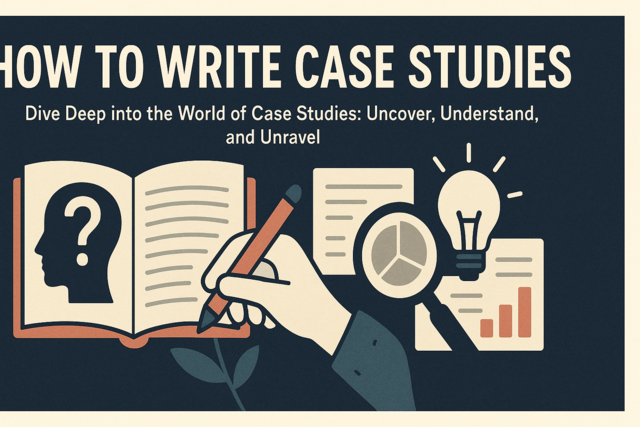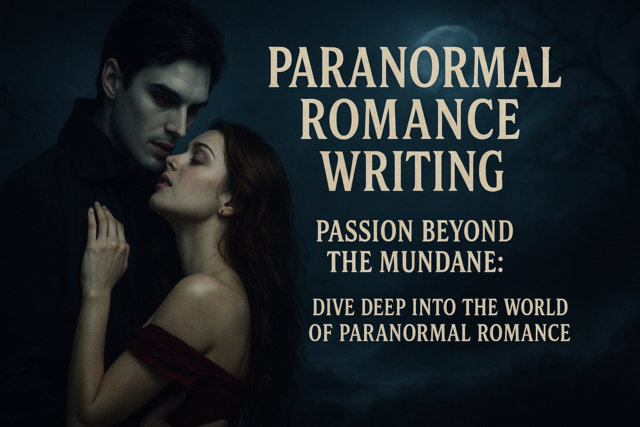Creative Writing Workshop
Unleash Your Imagination, Craft Your Story

14 Hours average completion time
1.4 CEUs
13 Lessons
29 Exams & Assignments
1855 Discussions
13 Videos
159 Articles
Mobile Friendly
Last Updated January 2026
Have you ever read a novel that transported you to a different world, or a poem whose melody refused to leave your mind? Perhaps you've been mesmerized by the emotional depth of a movie scene and felt the whisper of inspiration suggesting that you, too, could create such magic with words. If you've caught yourself daydreaming about crafting stories that linger and poems that echo in the hearts of your readers, then you are about to embark on an extraordinary journey.
Imagine writing as the art of painting with words. While a painter uses brushes to bring color to a canvas, a writer uses their pen--or perhaps a keyboard--to weave stories that ignite the imagination. Words, when woven together with creativity and insight, possess an unparalleled power to connect us, to inspire change, and to capture the essence of humanity through the ages.
As you stand at the threshold of this creative writing workshop, consider this not just a class, but a transformative journey. This course offers more than techniques and instruction--it provides a sanctuary for exploration, a canvas where your thoughts and dreams can take form. Whether you are taking your first steps or honing a seasoned craft, you will find that the path of creative writing is both challenging and deeply rewarding.
Creative writing is a vast and wondrous realm, encompassing genres from fiction to poetry, drama to screenwriting. Each genre is a universe unto itself, offering unique landscapes for you to explore. Fiction invites you to build worlds from your imagination, where characters live, breathe, and adventure at your command. Poetry asks you to dance with language, capturing emotions and moments with precision and grace. Drama and screenwriting challenge you to envision stories on stage and screen, bringing life to dialogue and action that captivates audiences.
Our course is not just an academic pursuit; it's an invitation to delve into the heart of storytelling. Imagine engaging with the very essence of creativity, where words serve as both tools and companions. Through expertly crafted exercises, you will unlock the writer within, allowing your voice to emerge in its truest form. You will learn to navigate the writing process as both artist and artisan, crafting narrative and structure with intent and clarity.
As we embark on this journey together, you will discover the profound satisfaction of expressing your innermost thoughts and experiences. Our course invites you to draw inspiration from your own life and observations, infusing your work with authenticity and emotion. You will connect with fellow writers, sharing insights and encouragement as your community grows. Together, we will celebrate each milestone, each breakthrough, and the beautiful evolution of your writing.
This course is more than an online offering; it is an adventure destined to enrich your life and broaden your perspective. Through our time together, you will forge skills that not only enhance your writing but elevate your ability to communicate and connect with the world. The intricate dance of words will become your ally, offering clarity to your thoughts and strength to your expression.
Embark on this creative journey, where tales await your touch and poems whisper to be penned. Allow us to guide you in exploring the depths of your imagination and the expanse of your potential. Together, we will awaken the wordsmith within, each page an open door to invention and wonder.
Join us in this creative writing workshop, where every word is a step into your unwritten legacy. The ink is waiting to meet paper; the stories inside you are eager to unfold. Seize this opportunity to illuminate your path with the enduring craft of writing. This is your moment; let the words flow.
- Refine narrative structure and clarity
- Compose evocative
- memorable poetry
- Master various poetic and dramatic forms
- Craft compelling narratives from imagination
- Harness personal experiences for creativity
- Develop authentic
- relatable characters
- Enhance storytelling through vivid imagery
- Foster collaboration in writing communities
- Engage readers with sensory details
-

Writing the Great American Short Story
-

Poetry Writing 101
-

Screenwriting 101
-

Journalism 101
-

Advertising, Marketing and Sales Writing
-

Freelance Writing 101
-

How to Write Case Studies
-

Advertising Copywriter
-

Creative Writing for Beginners
-

Historical Fiction Writing
-

Write to Win: Secrets of Persuasive Writing
-

Writing Help Course Bundle
-

How to Write Short Stories for Children
-

Writing Effective Emails in the Workplace
-

Paranormal Romance Writing
-

Journaling and Memoir Writing
-

Creative Writing 101
-

Mystery Writing
-

How to Write a Short Story
-

Travel Writing 101
-

Writing Women's Fiction
-

Nonfiction Writing 101
-

ABCs of Technical Writing
-

Romance Writing
-

Novel Writing 101
